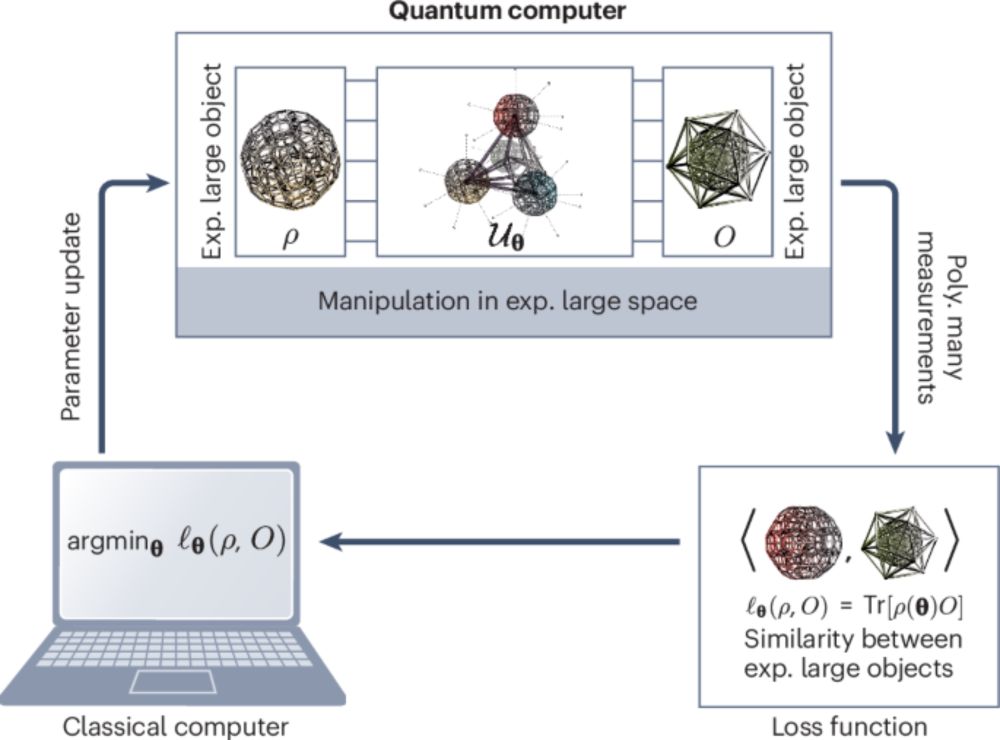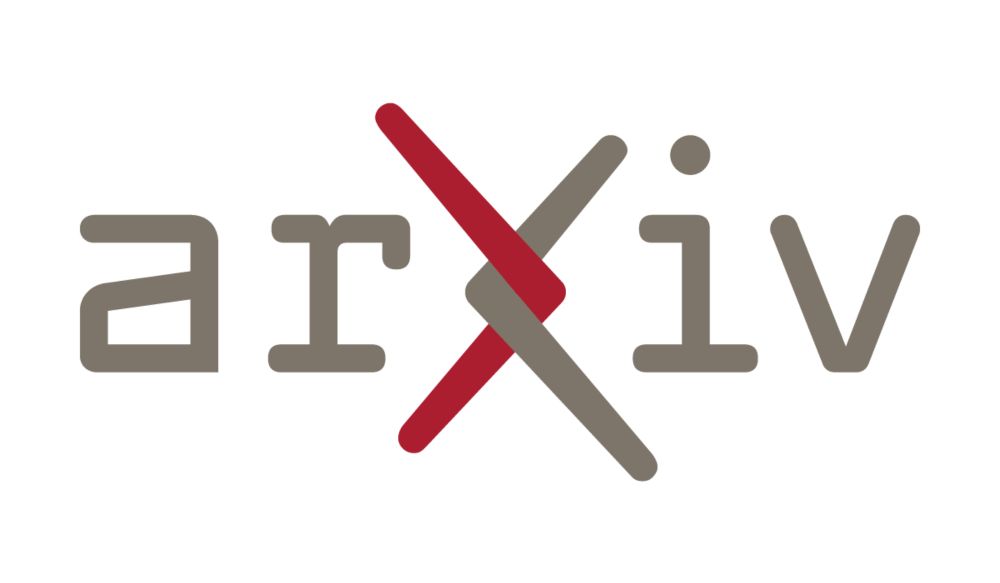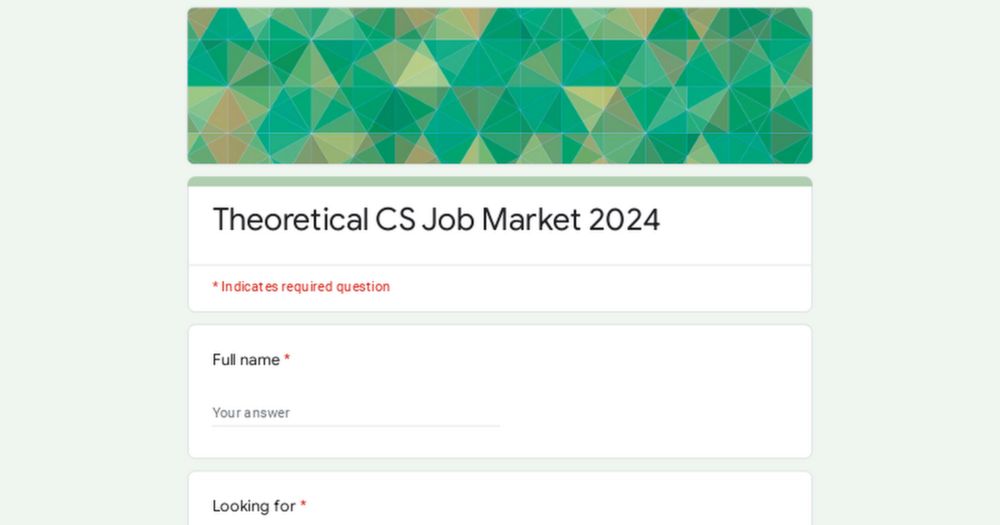
go.aps.org/3SAelEa

go.aps.org/3SAelEa
iopscience.iop.org/article/10.1...
A reinforcement learning agent in #machinelearning is interpreted literally as a thermodynamic agent reminiscent of a #Maxwell's demon for the control of open quantum systems.

iopscience.iop.org/article/10.1...
A reinforcement learning agent in #machinelearning is interpreted literally as a thermodynamic agent reminiscent of a #Maxwell's demon for the control of open quantum systems.
Check it here 👇
www.nature.com/articles/s42...

Check it here 👇
www.nature.com/articles/s42...
Yes, Shor's algorithm with 3 registers only needs very basic operations.
No, you can't pack a 2^2000 level quantum state into 1 oscillator and then operate accurately on it.

Yes, Shor's algorithm with 3 registers only needs very basic operations.
No, you can't pack a 2^2000 level quantum state into 1 oscillator and then operate accurately on it.

Very insightful collaboration with colleagues from Fraunhofer HHI and the great @jenseisert.bsky.social. We offer a preview of explainable AI #xAI for #Quantum learning models #QML ⚛️🧠. Check it out and let us know your thoughts!

Very insightful collaboration with colleagues from Fraunhofer HHI and the great @jenseisert.bsky.social. We offer a preview of explainable AI #xAI for #Quantum learning models #QML ⚛️🧠. Check it out and let us know your thoughts!
scirate.com/arxiv/2411.1...

scirate.com/arxiv/2411.1...
Abstracting the quantum aspects as "new rules of the game, and blackbox primitives you can use" is really speaking to a classical (T)CS audience!
Lecture in the morning, tutorial this afternoon.


Abstracting the quantum aspects as "new rules of the game, and blackbox primitives you can use" is really speaking to a classical (T)CS audience!
"While all the proofs in the paper are correct to the best of our knowledge, we have been recently informed about a classical attack on our polynomial system."
arxiv.org/abs/2411.14697

"While all the proofs in the paper are correct to the best of our knowledge, we have been recently informed about a classical attack on our polynomial system."
This has had incredible impact, most notably on how ML reviews are conducted
This has had incredible impact, most notably on how ML reviews are conducted
I don't have a crazy juge audience but I'll try to help a bit: fill this form, and I'll tweet your pitch and info!
docs.google.com/forms/d/e/1F...

I don't have a crazy juge audience but I'll try to help a bit: fill this form, and I'll tweet your pitch and info!
docs.google.com/forms/d/e/1F...

